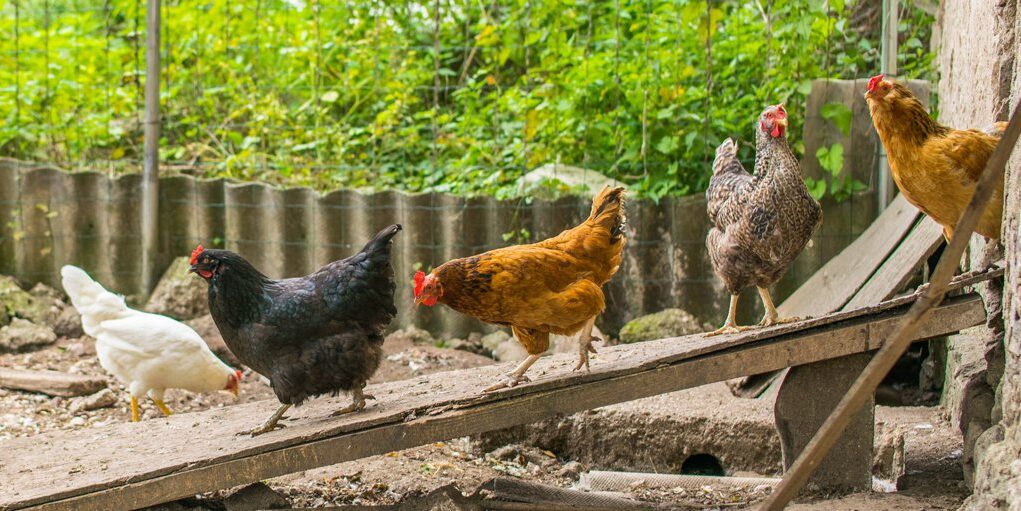Maintaining clean nesting boxes is fundamental to a productive and healthy chicken coop. Keeping areas where hens lay eggs tidy and sanitized is crucial in ensuring farm-fresh, quality eggs and happy chickens. In this article, we will explore the best cleaning nesting boxes tips to create an optimal environment.

Why Cleaning Nesting Boxes is Important
Caring for chickens isn’t just about feeding them and collecting eggs; it’s about providing them with a safe, comfortable place to lay eggs. Dirty nesting boxes can increase the risk of disease and egg contamination, which negatively impacts egg production. Ensuring that nesting areas are clean is essential for maintaining a healthy flock.
When Should You Clean Nesting Boxes?
As part of your routine maintenance, nesting boxes should be cleaned regularly. Ideally, you should check the cleanliness every week and do a thorough cleaning once a month. If eggs are muddy or you notice a build-up of waste, clean the boxes more frequently.
Signs That Nesting Boxes Need Cleaning
- Eggs are coming out dirty with filth or muck.
- Foul odor emanating from the boxes.
- Invasion of insects or pests.
Necessary Tools and Materials
Having the right tools makes the job easier and ensures proper sanitation:
- Rubber gloves
- Scooper or dustpan
- Broom
- Disinfectant spray
- Scrubbing brush
- Fresh bedding
Steps for Cleaning Nesting Boxes
Effective cleaning involves a few key steps:
Remove Old Bedding
Begin by wearing gloves and removing all the old bedding. Its crucial to eliminate any material that might have absorbed dirt or bacteria.
Thoroughly Clean the Nesting Area
Next, sweep out debris and scrub the insides with a disinfectant solution. Ensure that the cleaner is natural and safe for poultry.
Dry Completely Before Replacing Bedding
Allow the area to dry completely before laying fresh bedding. This prevents mold and bacteria from thriving in damp conditions.
Consider using a soft material for bedding, like straw or wood shavings. Lay it generously to comfort your chickens.
How to Maintain Cleanliness Long-Term
Now that you’ve cleaned the nesting boxes, focus on keeping them that way:
Regular Checks
Look inside the boxes regularly for messes or dampness, and spot clean as needed. Check for broken eggs or droppings and remove immediately.
Promote Ventilation
Help prevent moisture build-up by ensuring the coop is well-ventilated. Fresh air circulation plays a vital role in promoting dry and clean nesting areas.
Prevent Pests
Pests can easily contaminate eggs and make beds unhygienic. Regular pest control measures must be implemented to avoid this issue.
Benefits of Clean Nesting Boxes
Following these cleaning nesting boxes tips not only maintains the aesthetic appeal of your coop but significantly contributes to the following:
- Increased egg production and quality.
- Healthier flock with reduced chance of disease.
- Prevention of egg contamination.
Challenges and Solutions
The process isn’t without its challenges. You may experience:
Resistance to New Bedding
Sometimes chickens can display resistance when new bedding is introduced. A way to counter this is by mixing a bit of the old bedding in with the new.
Frequent Messes
Frequent messes might require more diligent cleaning. Installing perches or nesting pads can alleviate some of the overcrowding problems.
Community Support and Ideas
Many chicken keepers have shared their wisdom on the subject. Join forums and community groups to get the best personal experience tips or check our guide on beginner hens.
In addition, our detailed guide on egg production and potential hiccups provide comprehensive insight into safeguarding egg quality.
External Expert Advice
For those interested in the nutritional implications of clean eggs, a detailed breakdown of egg benefits is available at Backyard Poultry.
Conclusion
Take care of your chickens, and theyll take care of you. A clean coop leads to healthy, productive hens that lay delicious eggs. Incorporating these tips into your routine will provide your flock with an excellent laying environment.

FAQs
- How often should I clean nesting boxes? Aim for a weekly check and monthly deep clean, but adapt based on chicken coop conditions.
- What bedding is best for nesting boxes? Straw and wood shavings are commonly used.
- How can I prevent pests in nesting boxes? Regular cleaning and ensuring no old food is left out will deter pests.
This article contains affiliate links. We may earn a commission at no extra cost to you.










